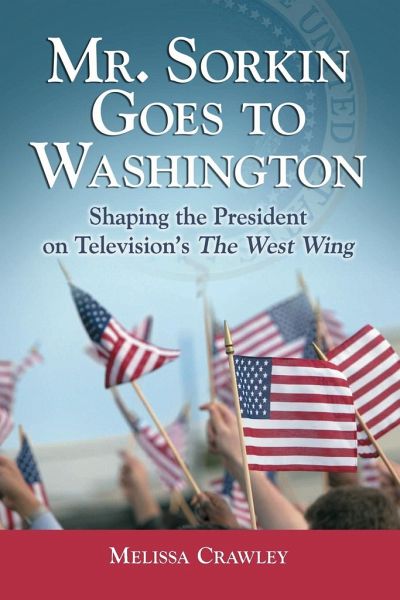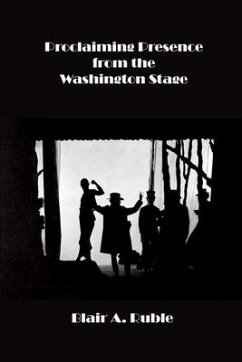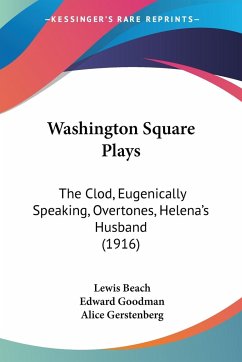
Mr. Sorkin Goes to Washington
Shaping the President on Television's The West Wing
Versandkostenfrei!
Versandfertig in 1-2 Wochen
45,99 €
inkl. MwSt.

PAYBACK Punkte
23 °P sammeln!
Before the unprecedented televised presidential debates of 1960, most Americans were able to relate to their leaders in little more than an historical context. In the era of televised elections, however, the media have allowed Americans to witness the paternal, moral and intellectual qualities of their president up close. Television has been so critical to this process of political socialization that, for many Americans, the televised image of the president is the president. As the acclaimed television drama The West Wing demonstrates, fictional representations of the presidency can also be si...
Before the unprecedented televised presidential debates of 1960, most Americans were able to relate to their leaders in little more than an historical context. In the era of televised elections, however, the media have allowed Americans to witness the paternal, moral and intellectual qualities of their president up close. Television has been so critical to this process of political socialization that, for many Americans, the televised image of the president is the president. As the acclaimed television drama The West Wing demonstrates, fictional representations of the presidency can also be significant civic forces. This book examines how film and television drama contribute to shaping the presidency and the way most Americans understand it, and particularly the processes of political education. The text discusses The West Wing's didactic potential, its representation of White House politics, and its depiction of race and gender, with commentary on how fictional representations of the presidency become important elements of American political consciousness.














